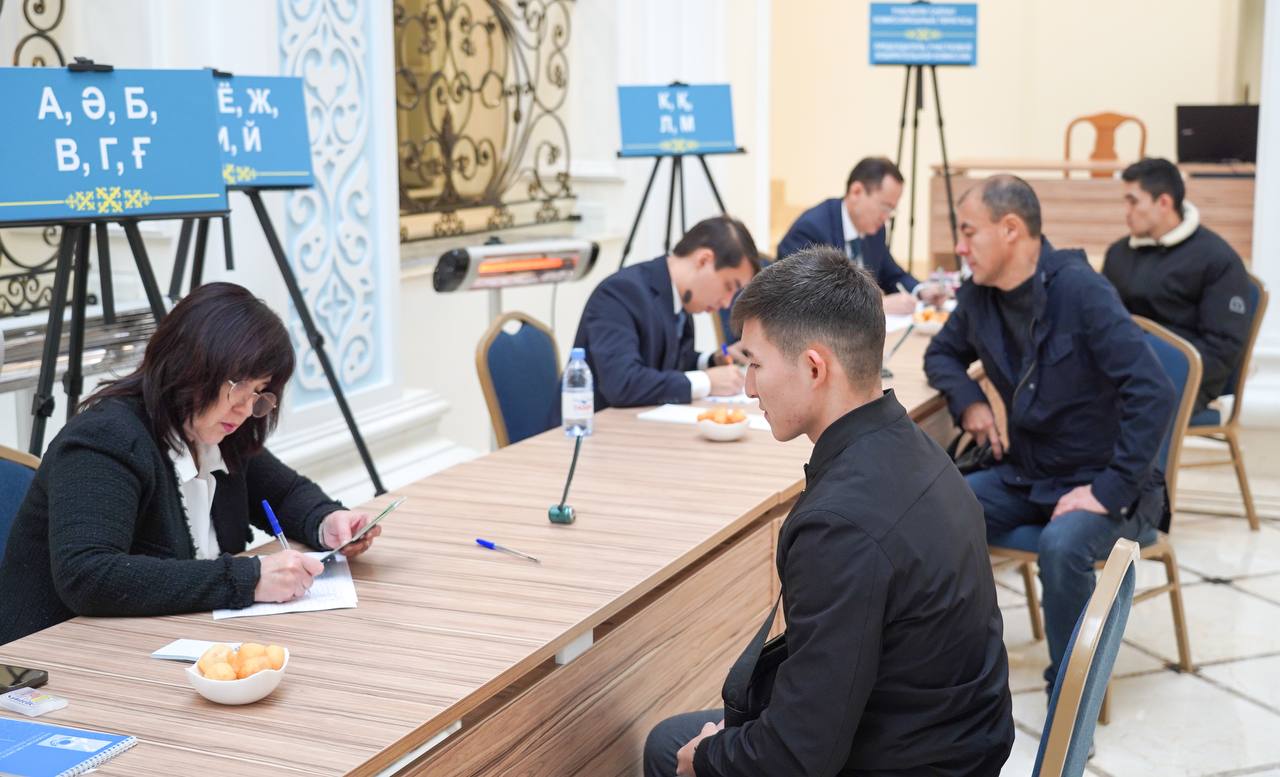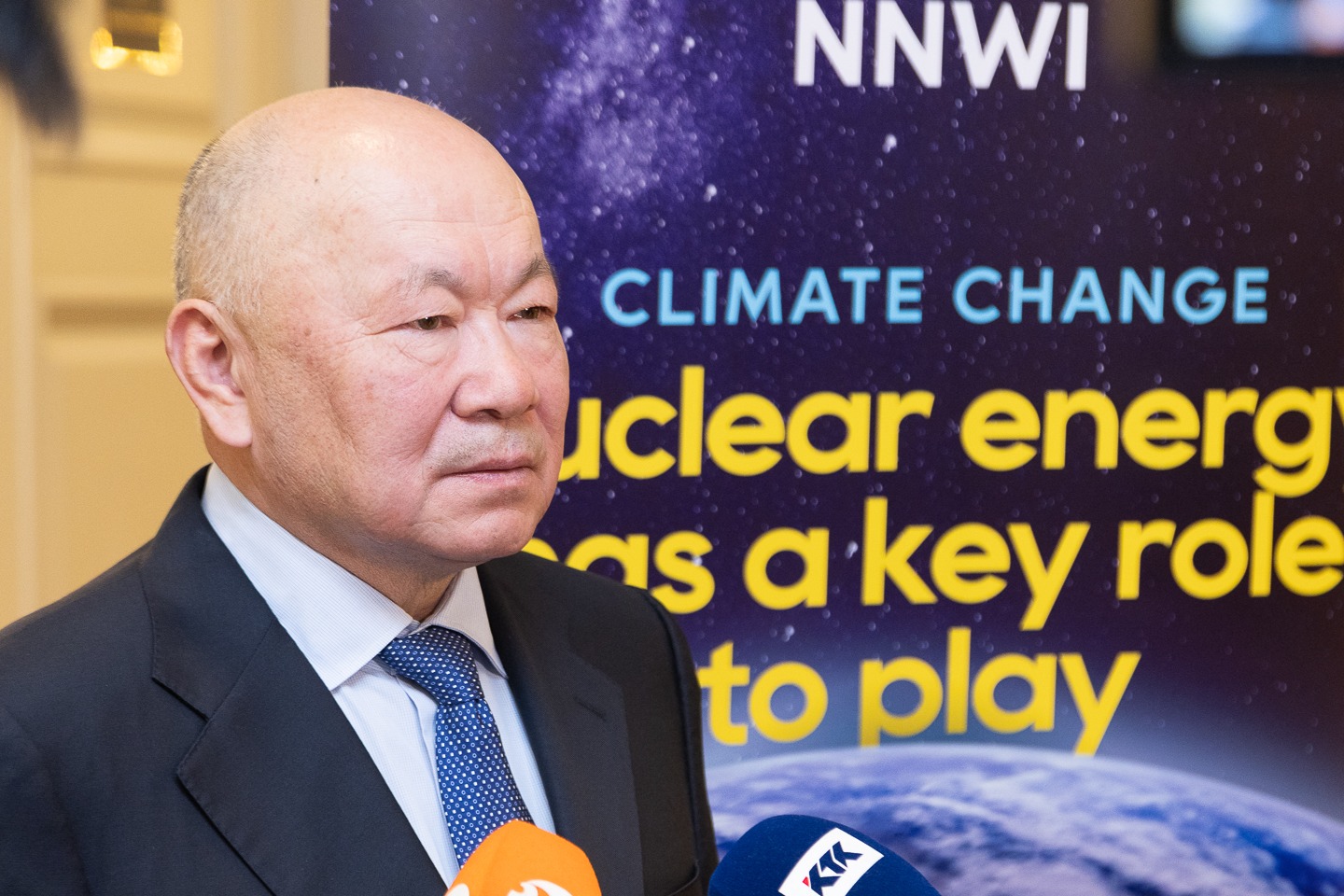The London based think tank, the New Nuclear Watch Institute (‘’NNWI’’), today launched a comprehensive report on the Small Modular Reactor (‘’SMR’’) market.
The report “Scaling Success: Navigating the Future of Small Modular Reactors in Competitive Global Low Carbon Energy Markets’’ describes SMRs as “vital for achieving net zero by the middle of the century’’.
The report demonstrates the importance of the pace of deployment of SMRs in the global nuclear sector’s competitiveness and warns that few SMRs will start operating before 2030.
NNWI Chairman Tim Yeo said:
“Policy support for SMR technologies must be ramped up and carefully targeted to ensure we meet our mid-century net zero goals and facilitate timely completion of the clean energy transition. The current US-led policy shift towards growing support for SMR deployment is positive but needs to be amplified to ensure competitiveness.
“The world needs an initiative of the magnitude of the Marshall Plan to help the most carbon intensive regions replace their ageing coal fired plants with SMRs.”
In the light of intense internal and external competition and the limited size of the market, first mover advantage will be critical. The report stresses that rapid series deployment will drive success in the SMR market.
Late entrants, even those with more advanced technology, are likely to find it harder to scale up. NNWI’s study recommends that substantial support should extend beyond R&D and licensing to include measures explicitly aimed at boosting fast series SMR rollout.
These policy boosters should target viable SMR applications such as replacing coal fired plants as sources of baseload generation capacity in the grid. Specific support mechanisms could be designed for district heating, and off-grid power and heat supply for mining sites and remote communities.
In addition fostering global alliances would enable SMR developers to offer integrated build-own-operate and ‘plant-as-service’ options.
The report identifies 25 projects which have the best chance of success and concludes that eventually the SMR market will be dominated by as few as six designs.
Russia’s national champion Rosatom has leveraged strong government support and an integrated plant-as-a-service business model. This is likely to extend its current dominance of the export market for 1+GW reactors to the SMT sector.
China is projected to follow leaving western vendors a significant challenge to stay competitive.
Tim Yeo said “The NNWI analysis contains advice for governments about how to get the best value from the subsidies and other financial help they offer SMR developers. They would do well to heed it.”
Notes to Editors:
About NNWI
The New Nuclear Watch Institute is the first think tank focused on the international development of nuclear energy. It believes nuclear power is vital for the achievement of the legally binding Paris Agreement objectives and an essential part of the global solution to climate change. Founded in 2014 by Tim Yeo, a former British energy and environment minister, the Institute aims to promote, support and galvanise the worldwide community to fight the greatest test of our time - climate change.
Contacts:
Tim Yeo
NNWI Chairman
+44 (0) 7711 046888
Veronika Racikova
NNWI Executive Director
+44 (0) 7534 132492







